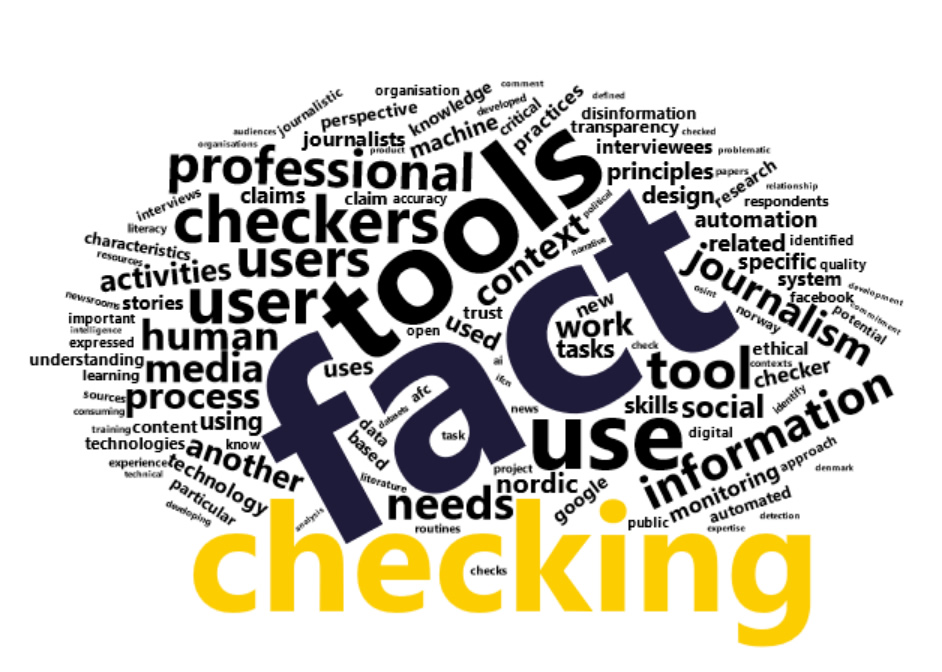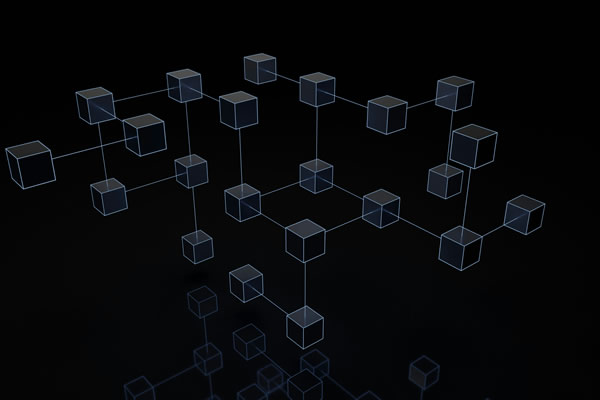The Nordic Observatory for Digital Media and Information Disorder (NORDIS) is a consortium of researchers and fact-checkers from Denmark, Norway, Sweden, and Finland. It is one of the regional hubs of the European Digital Media Observatory (EDMO), a project that supports the independent community working to combat disinformation. In our new report, published by the University of Bergen, we focused on the user needs of fact-checkers. Here are your main findings.
Our interviewees are strongly connected to journalism, following both ethical principles of the profession and the IFCN rules. They do not use many AI tools but are far to opposed using them if they correspond to what they need.
We found four main requirements for using a tool: the consideration of the journalistic context, the ethical principles of their profession and human values, the transparency of the process at work, and the need for a human-in-the-loop approach.
We also identified four types of needed tools: social network monitoring, political debate monitoring, claim collection and detection, and verification in context. Our research also pointed to concrete characteristics and uses for new tools, ranging from the accessibility and readability of fact-checking results to shared databases of checks, tools for monitoring political debates, and the adaptation of tools to the Nordic context.
Although there is a profusion of tools available for fact-checking activities, few are commonly used. They also use OSINT tools, but « the big thing with OSINT, the more tools you use, the better because you don’t get the same results ».
We interviewed 19 fact-checkers, newsrooms managers and R&D managers (including 14 from Nordic countries). Our inductive analysis is enriched with insights from a critical literature review and user stories (personas).




